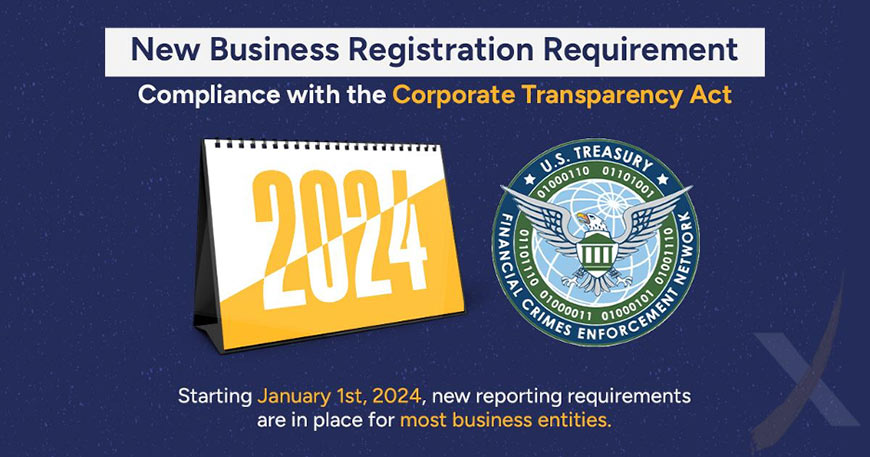Important New Business Registration Requirement Start in 2024 Understanding the New Business Registration Requirement There…
The Future of Financial Reporting Part 1
This is part 1 of a two part article. For access to part 2, please click here.
Publisher FEI Daily
Author: Leslie Kramer
Financial executives often decry the amount of information they are being asked to provide regulators each year, with many contending the regulations and methods used for reporting that information have become too burdensome and costly.
The flipside to that argument is that firms that fail to provide transparent and easy-to-understand annual reports may risk losing high-level investors who have become weary of complex company reports that are sometimes too good to be true.
Regulators, too, are continuing to insist companies’ financial reports serve to illuminate rather than cloud a corporation’s true financial health. While much is being done by government entities and advocacy groups looking to improve the way public companies file their 10-Ks and annual reports, the jury is still out on whether any of these changes will eventually take place. One thing that regulators, corporations and investors can all agree on is that the current state of corporate filing needs to be updated. Following the collapse of the tech bubble in the early 2000s and the accounting scandals that ensued at companies such as Enron and WorldCom, the Sarbanes-Oxley Act of 2002 was passed in response to a directive from Congress.
For full details of the article, please click here.

